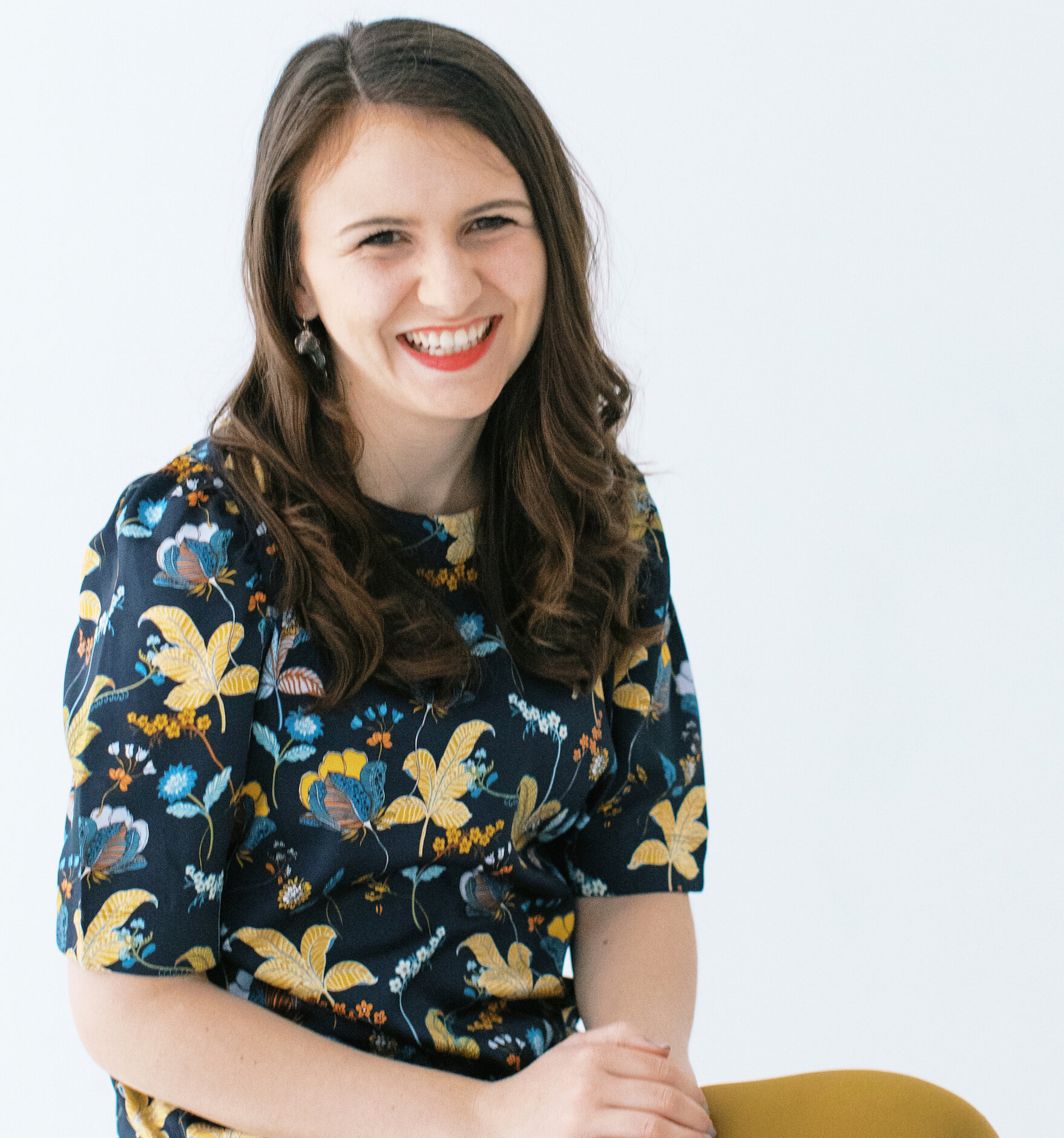Postpartum Doulas and Family Support Beyond Delivery - Interview with Madelene Martin (DONA)
The trip home from the hospital with a tiny newborn in tow can be one of the most harrowing experiences for brand new parents. The excitement of delivery has worn off, there are no longer cheerful nurses popping in and out to make sure everyone’s needs are met, and new parents are suddenly left to resume “normal” life, this time accompanied by a houseguest so helpless and needy, who they’ve barely gotten to know.
The postpartum period is an emotional one for both parents, when maternal hormones are surging, sleep is at a minimum, and tensions may be high even with the support of family or friends. It’s a problem more common than we realize: parents spend nine whole months preparing for the baby, painting the nursery, taking childbirth classes, accumulating clothes, diapers and other supplies, only to finally reach the day when they bring the baby home and realize they haven’t planned how they’re going to feed, bathe or even sleep for themselves! What if there was a way to receive continued physical, emotional, and informational support for you and your new baby beyond the walls of the hospital and care providers? What if there was a way to have in-home help with infant care, basic household chores, meal prep, light cleaning and laundry, so that parents could meet their own needs and the needs of their baby without exhausting themselves to the point of no return? The good news - this is all possible with a postpartum doula.
What is a postpartum doula?
A postpartum doula is someone professionally trained to support families during the postpartum period physically and emotionally, and offer resources, referrals, and information related to postpartum recovery and infant care. While doulas do not provide medical care or advice, they do provide helpful support, evidence-based information and encouragement to parents to advocate for themselves and their baby’s care, including seeking help from their provider if they feel something isn’t quite right. For Madelene Martin, a DONA trained postpartum doula based in Fuquay-Varina, North Carolina, serving and supporting families in the postpartum period is not a “one-size-fits-all” approach, and each client is supported in the way that will best meet their individual needs.
Extending far beyond her formal training is Madelene’s tender heart for maternal and child wellness, and she’s been supporting mothers and babies in different forms of care over the last several years. She graduated from Liberty University in 2018 with a Bachelor’s of Science in Family and Child Development, followed by Master’s of Arts in Human Services Counseling with a Concentration in Marriage and Family Therapy. She also spent her time volunteering with the Motherhood Collective, a Lynchburg based support community that focuses on peer-to-peer connection, evidence-based education, and fostering a diverse community that serves as a safe place for women and moms from all walks of life.
For Madelene, the gateway to postpartum doula work was her passion helping children in the best way possible, which she soon realized was by providing adequate support and education to parents. Postpartum doula support typically begins during pregnancy, when the doula and the parents meet to discuss their plans for self and infant care during the postpartum period: how will their meals be provided for? How will they get adequate sleep? But don’t be fooled - the doula doesn’t come into your home with an agenda or checklist of things to get done. “If support looks like laundry and cleaning, that’s what it looks like that day. If it looks like tea and processing [the birth], that’s what it looks like that day.”
What exactly does a postpartum doula do?
So what might a typical shift look like for a postpartum doula and family? It might look like sitting and talking about the birth experience, teaching mom or dad how to swaddle the baby, pace-feed a bottle, or it may look like helping with older children, doing grocery pickup, light cleaning, laundry, meal-prepping, or even staying overnight to feed and soothe the baby when he wakes. The postpartum doula is especially good at filling “the gaps” where needed - especially if you have family or friends nearby who are eager to help. The good thing about the postpartum doula however, is that while they are surely invested in their work, there is a level of emotional investment that exists with family members that is not present with the doula. According to Madelene, one of the most frequent questions she gets is whether or not someone should hire a doula if they already have family in town to help. One of the greatest benefits of the postpartum doula is the non-judgemental support and advocacy; “we’re not personally emotionally invested, so there’s not the aspect of judgement that might come with people or relationships that are closer to you” Madelene commented.
Madelene’s extensive counseling and family wellness background also makes her more keen to recognizing red flags - or what she called “pink flags…not quite red but definitely warning signs” - for common postpartum mood and anxiety disorders. This is something all postpartum doulas have at least some training in, and although they cannot diagnose a maternal mood disorder, they know what to look out and listen for, and how to adequately support someone with a perinatal mood disorder. Being there for the client pre-diagnosis, as they’re walking through the difficulties, and the post-diagnosis and treatment is what Madelene said is “one of the beautiful things” about postpartum doula work. As the doula she gets to be part of the continuation of care, assisting and supporting the family in the comfort of their own home as they navigate challenges of newborn and new-parent life while also walking through a mood or anxiety disorder, and whatever that treatment plan may look like.
Should you hire a postpartum doula?
Who can benefit most from a postpartum doula? Madelene believes anyone and everyone can. Every new parent can relate to the spiraling confusion that ensues when you bring baby home and are expected to resume life as normal, with household tasks that need done and perhaps other children that still need fed and cared for. No one is capable of doing it all, and parents need to know it’s normal to desire your life to be back in order, for daily processes to move smoothly, and to ask for help when needed. Madelene summarized it best as she said with a smile, “At the end of the day, the goal of the postpartum doula is your health - every aspect of your health. A postpartum doula can help you feel like ‘oh my life is organized again and it’s going to be okay.’”
Madelene Martin is a DONA trained postpartum doula based in Fuquay-Varina, NC, serving clients within a 50 mile radius. To learn more about her and her services, visit her website beautifulbeginningsdoulallc.com , or connect with her on Facebook or Instagram.

